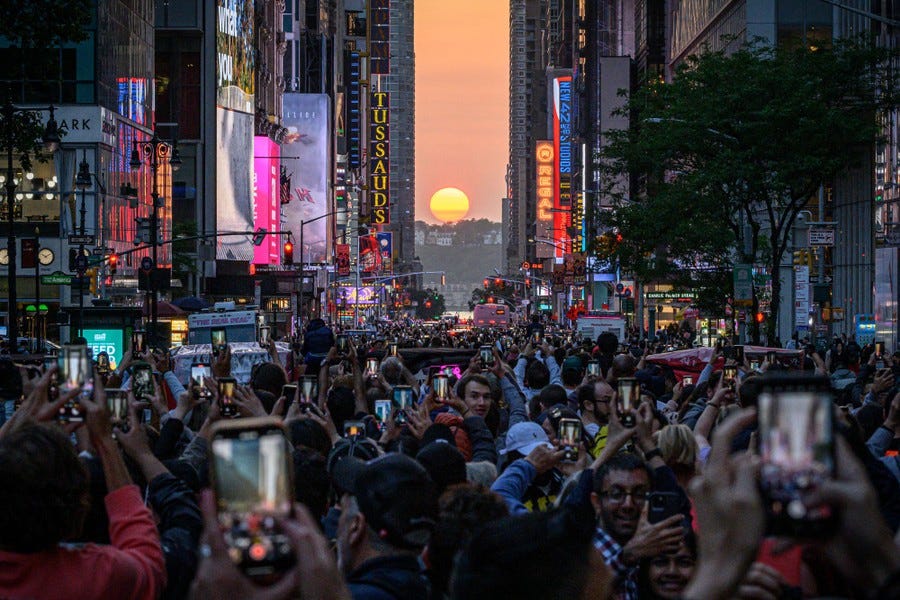
Welcome to your weekly edition of the Top 5 articles we’ve read this week. Each week, we read dozens of articles in the hope we find essays and reporting that speak to big ideas, trends, future looks, and incredible human stories. We hope you enjoy our list, and do always let us know if you have a suggestion or a recommendation! Please also consider becoming a paid subscriber if this is one of those newsletters you open up all the time or look forward to each week.
Also, if you haven’t already done so, please pre-order Michael’s book, “The Spirit of Our Politics: Spiritual Formation and the Renovation of Public Life.” Pre-orders are so helpful!
The Top 5 articles for your week:
“This May Be the Most Important Thing Happening in the World Today” (NYT)
Because Nick Kristoff is at his best when he’s looking at how we frame and solve global poverty.
“The Justice Mothers Are Due” (Plough)
Because Erika Bachiochi argues that mothers should receive similar federal benefits as soldiers and goes through the history of such practices.
“Climate Anxiety” (Harvard Medicine)
Because “For many young people, worry over threats of future climate change results in panic attacks, insomnia, obsessive thinking, and other symptoms. And those feelings are often amplified by a pervasive sense that older people aren’t doing enough to fix the climate problem. ‘There’s a feeling of intergenerational injustice,’ says Lise Van Susteren, a general and forensic psychiatrist based in Washington, DC, who specializes in the mental health effects of climate change. ‘Many young people feel invalidated, betrayed, and abandoned.’”
“Have Assisted Dying Laws Gone Too Far?” (The Walrus)
Because “Compared with disability support, medical assistance in dying, or MAID, seems relatively easy to request. Written applications differ by province or territory but are fairly straightforward; most are only a few pages long. For some of them, to confirm eligibility, an applicant simply has to sign and initial certain statements—for example, that they have an irremediable and grievous medical condition and are in a state of advanced decline. If any more health conditions were to crop up on top of her disability, eroding her independence completely, says Carlson, she’s pretty sure she’d qualify for MAID. ‘It’s a one-way ticket,’ she says, ‘because you have no choice.’”
“A catatonic woman awakened after 20 years. Her story may change psychiatry.” (WaPo)
Because we’re looking at another medical breakthrough, specifically for those with schizophrenia. “The awakening of April — and the successful treatment of other people with similar conditions — now stand to transform care for some of psychiatry’s sickest patients, many of whom are languishing in mental institutions.”
ICYMI on Wear We Are:
Episode 68: The Age Debate - Does age matter for the US presidency?
The Morning Five: June 1, 2023



